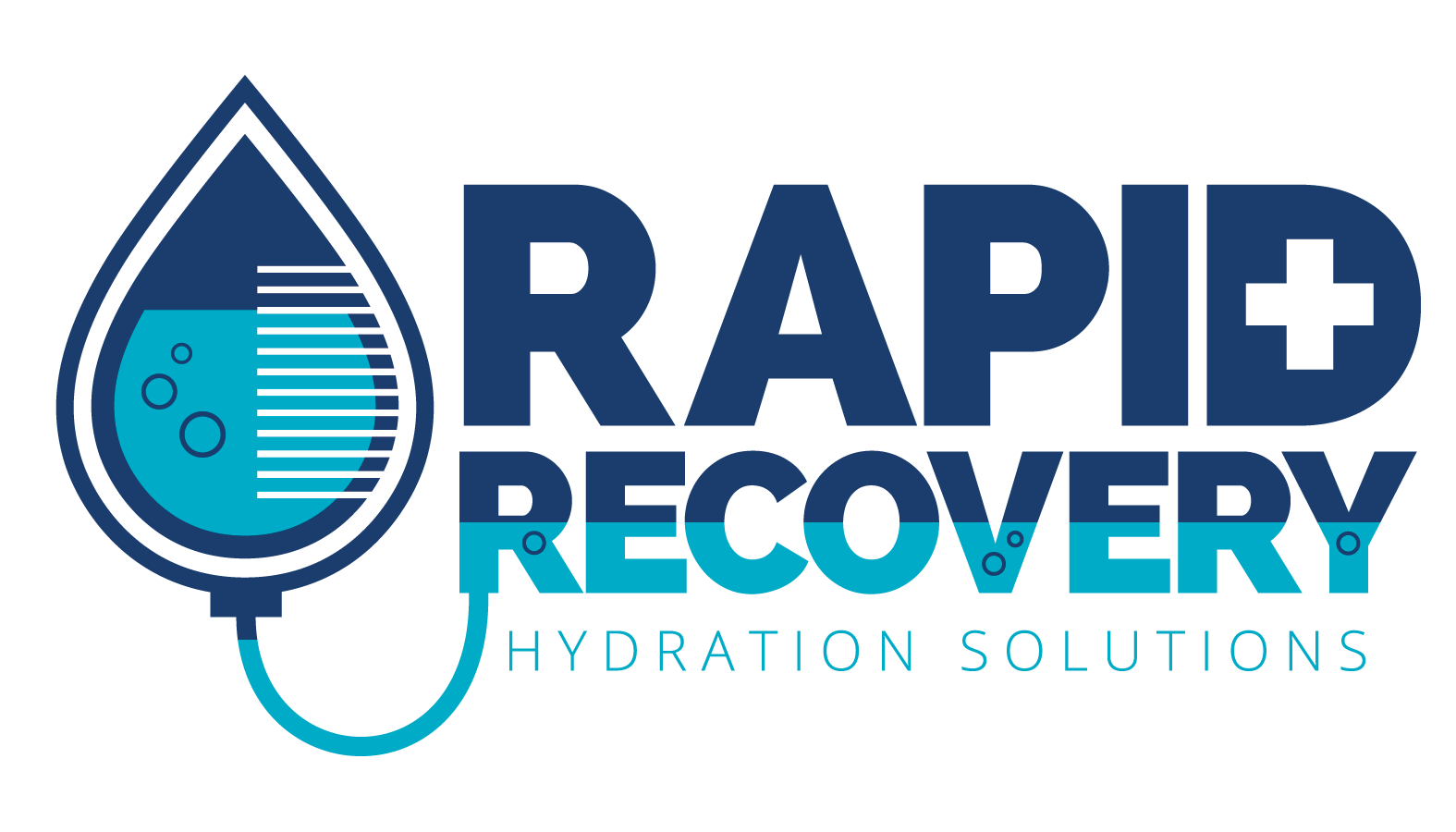Vitamin C
In your diet - fresh fruits and vegetables, especially citrus fruits. Vitamin C can also be made in a laboratory.
Vitamin C is an antioxidant and anti-inflammatory
Uses - preventing and treating the common cold, gum disease, acne and other skin infections, bronchitis, human immunodeficiency virus (HIV) disease, stomach ulcers caused by bacteria called Helicobacter pylori, tuberculosis, dysentery (an infection of the lower intestine), and skin infections that produce boils (furunculosis). It is also used for infections of the bladder and prostate.
Some people use vitamin C for depression, thinking problems, dementia, Alzheimer’s disease, physical and mental stress, fatigue, and attention deficit-hyperactivity disorder (ADHD).
Other uses include increasing the absorption of iron from foods and correcting a protein imbalance in certain newborns (tyrosinemia).
There is some thought that vitamin C might help the heart and blood vessels. It is used for hardening of the arteries, preventing clots in veins and arteries, heart attack, stroke, high blood pressure, and high cholesterol.
Vitamin C is also used for glaucoma, preventing cataracts, preventing gallbladder disease, dental cavities (caries), constipation, Lyme disease, boosting the immune system, heat stroke, hay fever, asthma, bronchitis, cystic fibrosis, infertility, diabetes, chronic fatigue syndrome (CFS), autism, collagen disorders, arthritis and bursitis, back pain and disc swelling, cancer, and osteoporosis.
Additional uses include improving physical endurance and slowing aging, as well as counteracting the side effects of cortisone and related drugs, and aiding drug withdrawal in addiction.
